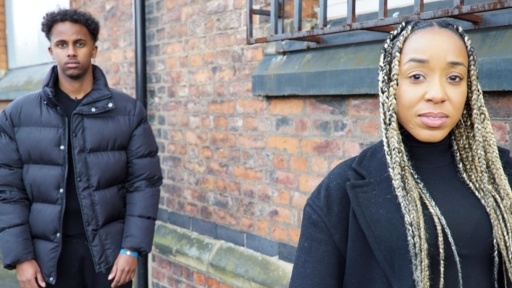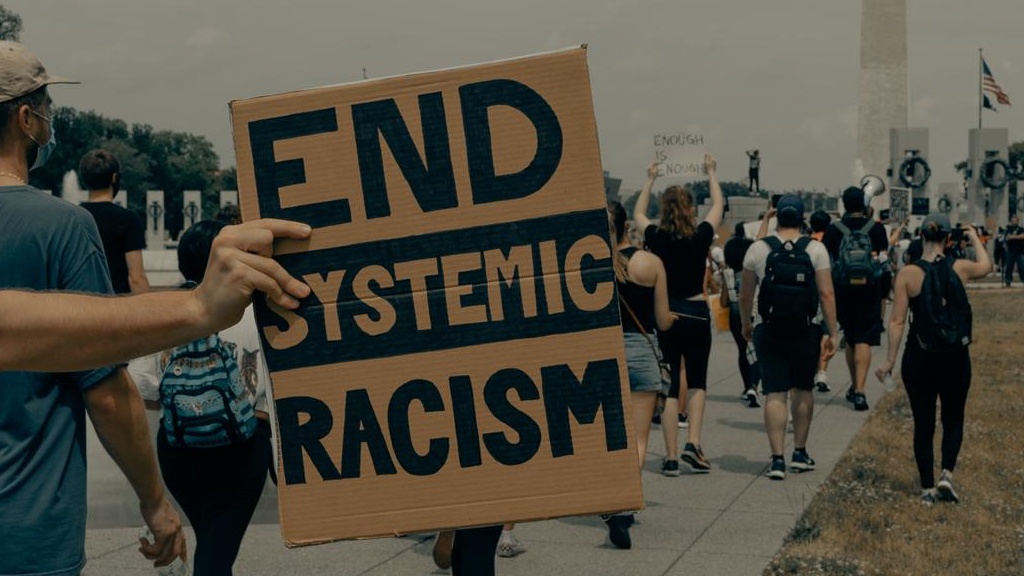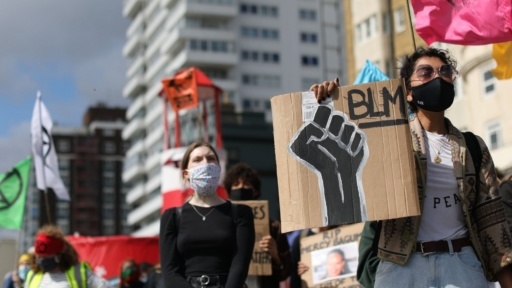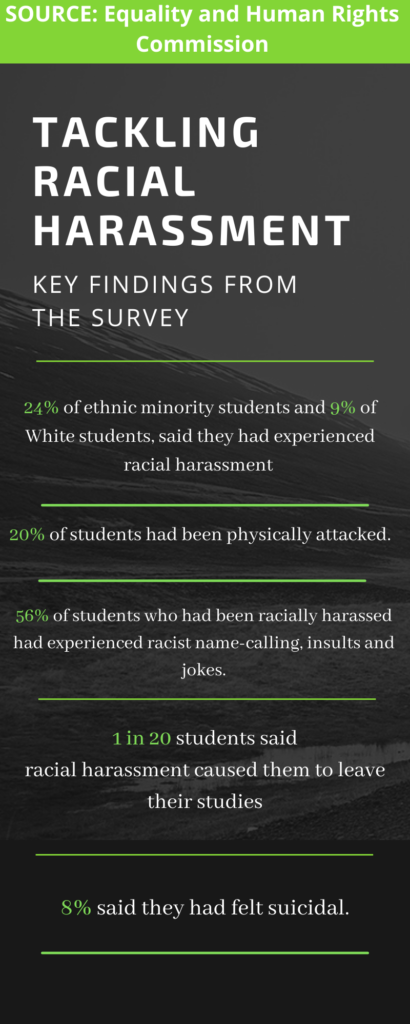As the BBC documentary explores racism in British Universities, are Universities in Cardiff complacent too for enabling racism by dismissing racial marks as playful banter?
Entering her first year in university she had just moved into university accommodation. A couple of hours later a guy moved in and was getting to know him but was taken aback and baffled when he said, “Your mums a rusk and your dads a Paki?” However, she let it slide.
Over a period of time, the guy became a huge problem for most girls in the house and Sofia decided to move out a couple of weeks later. When asked why she wanted to move out, she mentioned her experience and her experience of feeling isolated. Although the staff sympathised with her, they also enabled the behaviour by saying, “That maybe where he is from meant that using spurts was just banter and he might not know any better.
Sofia Brooke, a student from Cardiff University said, “I didn’t have a brilliant experience with Cardiff Uni accommodation staff dealing with a racist incidence I experienced.”
She said, “I still saw him around the university. I don’t even know if they ever spoke to him about how inappropriate his behaviour was. I got no wellbeing support from the uni. The whole thing was really traumatising. It ruined a lot of first-year for me. I felt like dropping out.”
In another incident, Amr, a mechanical engineering graduate from Cardiff University, previously also the vice president for student welfare and campaigns was bullied because of Muslim Arab background and said, “Because of my background they were saying I was homophobic and anti-Semitic.”
Allegations of racism have tainted universities in Britain which make most of their money out of international students. Who not only pay double the amount to be part of them but are consistently reminded of the “international learning environment” but in reality, how safe are these spaces for black and ethnic minority students?
A BBC three investigative documentary titled, “Is Uni Racist?” presented by journalist Linda Abbey briefly covers accounts of racisms that have been reported in universities across the country and what happens once a complaint is filed and what happens.
Isadora Sinha, BME (Black and Minority Ethnics) Officer from Cardiff University said, “As a PoC, seeing how students were left out of the loop when finding out how their complaints of racism resolved were disheartening. That means there’s no closure and a lack of justice that needs to be addressed.”
Natasha Chilambo, previously a student at Cardiff University along with a group of black students complained about a play that parodied lecturers at the School of Medicine. In the charity play, ‘Anaphylaxis‘ In which a black lecturer was portrayed by a white student in a hypersexualised way wearing a blackface.
After filing the complaint, Natasha alleged that a senior member of staff at the School of Medicine sent an email that identified her and the group as complainants which led to bullying and harassment. As a result of the bullying, her mental health deteriorated to the point that she had to leave the university.
According to freedom of press requested by Linda Abbey asking to reveal reported cases of racism in the past five years in all British universities, only 94 out of 140 universities responded. Cardiff University had the third-highest number of reported cases. However, the actual incidents could be higher as not every incident is reported.
Isadora said, “As a BME Officer, I’m hoping my presence and initiatives have helped students – I never want any student to feel like they’re alone. Whenever there were any complaints of racism during my role that were brought to me, in my perception, they were taken seriously and escalated to the correct parties to resolve the situation. I have always pushed for equality and will continue to do so after my time in this role ends.“
Universities UK (UUK) represents 140 institutions in England, Scotland, Wales and Northern Ireland called on senior leaders to accept their failure to tackle incidences of racism at their institution and address racial microaggressions and white privilege.
The report titled, ‘Tackling Racial Harassment in Higher Education’ came after an enquiry by the Equality and Human Rights Commission found that universities were failing to address racist incidents everywhere.
Research from the enquiry highlighted that one in four of the black and other ethnic minority students that participated in the survey had experienced racial harassment since their course started. One in 20 students said they left their course as a direct result of that.
The pattern among complaints of racism and how it is tackled reveals a reluctance among authority figures to engage with complaints and complainants until it goes viral. Inquiries are usually made without any transparency and there is a lack of disclosure about action if any taken at all against the alleged perpetrators of abuse and harassment.
A student came forward and said while she was staying in University accommodation, the boys would constantly make sexist and racist jokes fetishizing Asian women, she said, “You get used to the micro-aggressions after a while because the other students aren’t POC. They have always been heard, always made sure they were heard.”
The report from EHRC concluded that many universities were unaware of the scale of the problem and were more than confident in their ability to respond to it.
Isadora said, “In my time as BME Officer, complaints of racism have often been directed to the Disclosure Response Team – they were set up after the Alaphylaxis play incident and are the first point of contact for students who have suffered any abuse or violence. They are a great team that has supported me through various issues. So I feel the university has made solid changes to address racism but given that race-based hate crimes are rising, more needs to be done.”
Professor David Richardson, the chair of the Universities UK advisory group on harassment said, “Institutional racism is where there are systemic issues that are impacting a disproportionate number of members. There’s a lot of evidence pointing to universities perpetuating systemic racism by being institutionally racist”
However, with global Black Lives Matter and Stop Asian Hate campaigns, students in Cardiff are taking a firm stand against systematic oppression and speaking up for lived experiences of thousands and the recent Kill the Bill protests hold testimonies to that.
Andrew Williams, who previously studied Chemistry at Cardiff University said, “I do believe that on an institutional level, universities college admissions are getting better when it comes to being more accepting and diverse but there’s still a sense that they have to take a certain % of ethnic minorities to tick a box when it comes to their annual quota in terms of who they let in”
Isadora feels, “In terms of improvement, I feel more can be done to streamline reporting racism, support after as there can be quite a queue for counselling and there should certainly be more transparency on the outcome of a complaint of racism.”
*If you or someone you know would like to report instances of racial discrimination, abuse or violence please get in touch with the Disclosure Response Team at DisclosureResponseteam@Cardiff.ac.uk or contact Student Advice*





